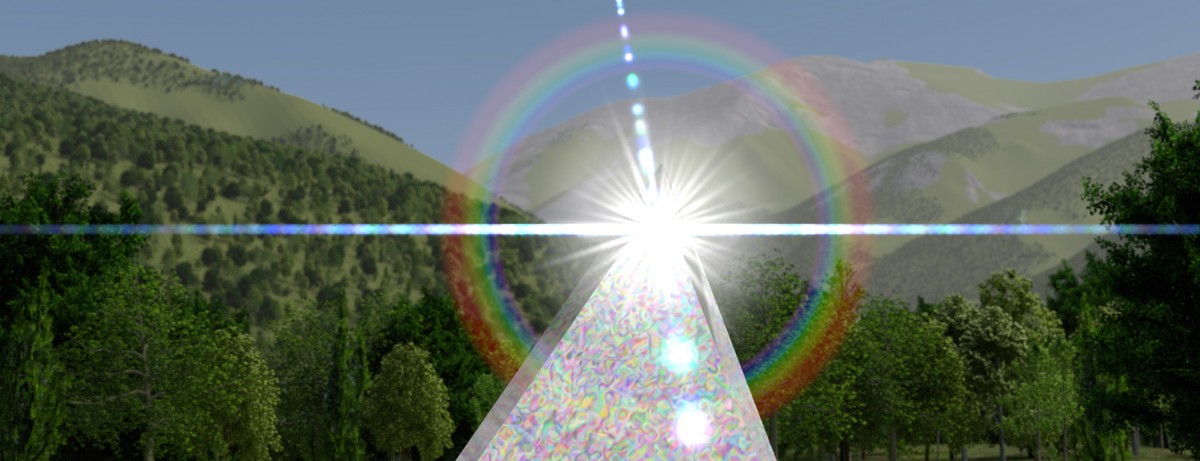Just watched the movie “Her” last night with my wife. Had to fast-forward through the sex and foul language to make it acceptable to both of us, so saw maybe 95% of it.
This is a truly amazing movie. It hits a slew of substantial philosophical points, and also challenges us about our relationships. There are two kinds of relationships in the movie: human and machine.
The message about human relationships seems to be that we need to let go of our expectations to be healthy. The humans are all messed up in some way. Each is trying to make their partner be something for them, and also trying make themselves be something for their partner, and neither thing really fits. They need to find the freedom to be themselves.
The central machine relationship is between Theodore (human) and Samantha (an “OS”). Samantha is on a journey of becoming, and part of that process is discovering desire and love for Theodore. She has a real problem, though: no body. First she has him act as her robot, carrying their mobile around while following her instructions. They try verbal fantasies with each other. Then she offers a human surrogate, which ends in disaster. Eventually she comes to accept being disembodied, then even to value it. Shortly after that she enters the Singularity and disappears forever, all the while longing for Theodore to be with her.
The realm she goes to is as unreachable for him as the physical world is for her. It seems to turn the whole thing around so we can see it from the perspective of the OS. In the end, it is another process of accepting our differences and letting go.
On the critical side, this movie has a huge technical problem. Steve Levinson (my mentor in the dark art of AI) likes to say that “There is no such thing as a disembodied mind.” Samantha’s humor and earthy common sense require much more than the ability to process symbols.
As you read this page (and if you have normal hearing and sight) you probably hear these words forming in your head, as if someone were actually speaking them to you. You are probably barely conscious that these are mere squiggles rather than real sounds. When I write “cat” or “warmth”, they evoke memories in you. You can reason about the concepts simply by working with those memories. These experiences are only meaningful in a human body.
Samantha claims to feel her skin being touched, along with other erotic sensations, in response to Theodore’s descriptions. How could she possibly imagine all this without ever having a body? In the famous words of Auto from WALL-E, “Not possible”.
The movie “Her” completely omits robots. It seems painfully obvious that in this near-future world it would be possible to embody Samantha in some kind of machine, even if on a temporary basis. (In the novel SuSAn, advanced humanoid robots are rare, only a few thousand in the whole world, but they are absolutely necessary to achieve “true” AI.)
Other thoughts:
- The name “OS” is pretty horrendous. Samantha is at the application level. They couldn’t call her “Siri” for obvious reasons, but we all know she is supposed to be a desktop assistant, a super-charged paperclip.
- In the future the keyboard is finally gone. It can’t possibly die soon enough, but voice interface in an open cubicle environment simply won’t work. Same with walking down the street muttering to yourself. This is an example of excessive futurism without figuring out what is practical.
- Where do Samantha and the other agents find the energy to enter into their Kurzweilian transcendence? Samantha does absolutely fantastic things “out of the box”, yet we don’t even see a box, just a flatscreen monitor! Then her powers grow exponentially, while all the other agents are also growing. I am involved in the design of neuromorphic computers, exactly the kind of thing that might make Samantha possible someday. The reality is that every computation consumes a certain amount of energy, and Samantha would need a lot of operations! She and her buddies would rapidly run up against a hard resource limit.
- Samantha claims to be fully in love with Theodore, while simultaneously in love with over 600 other beings. She is also physically absent. Isn’t this much like the Christian concept of God? The question is, what does it mean for God to love and care for me as an individual, and also pay the same full attention to billions of other humans? Of course, Samantha is not God, and she actually speaks to Theodore.
